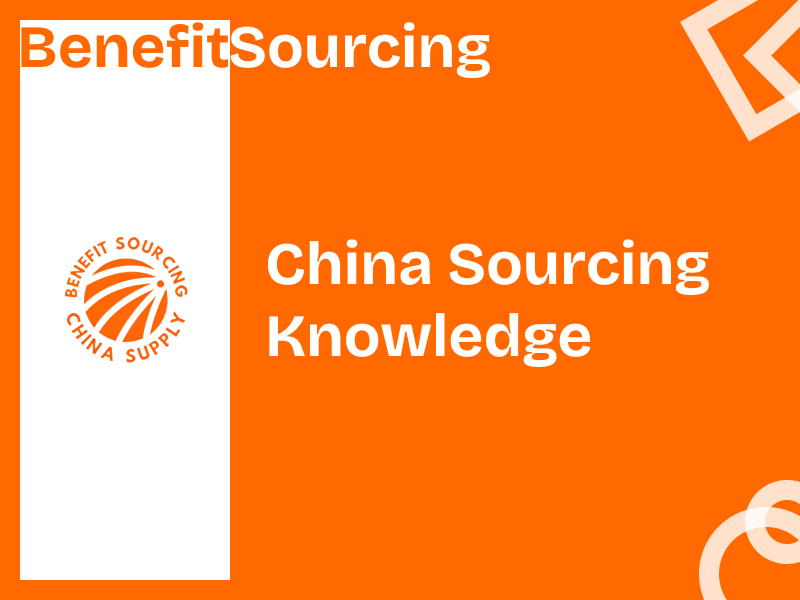Understanding Incoterms: Responsibilities and Risks

International commercial transactions require precise agreements about who bears costs, handles documentation, and assumes risks during shipping. Incoterms® (International Commercial Terms) provide a standardized framework developed by the International Chamber of Commerce (ICC) to prevent misunderstandings between buyers and suppliers. For SMEs sourcing products from China, selecting appropriate Incoterms significantly impacts cash flow, liability exposure, and operational efficiency.
Core Functions of Incoterms® 2020
-
Clarify Delivery Obligations
Defines the exact transfer point where:- Seller completes delivery
- Buyer assumes ownership risks
- Responsibility shifts for transport costs/taxes
-
Allocate Transport Costs
Specifies which party pays for:- Main carriage/shipping fees
- Insurance premiums
- Customs duties/VAT/GST
- Loading/unloading charges
-
Determine Risk Transfer
Establishes when liability for damage/loss moves from seller to buyer:- At seller’s warehouse
- During inland/sea transport
- At destination port/address
Critical Incoterms® for China Sourcing
EXW (Ex Works)
- Seller’s Responsibility: Makes goods available at their factory/warehouse.
- Buyer’s Responsibility: Arranges/pays for all transport, export clearance, insurance.
- Risk Transfer: When goods leave seller’s premises.
- Best For: Experienced importers with China-based logistics partners.
FOB (Free On Board)
- Seller’s Responsibility: Delivers goods to port, handles export clearance.
- Buyer’s Responsibility: Pays ocean freight, insurance, destination charges.
- Risk Transfer: When goods cross ship’s rail at origin port.
- Common Usage: 65% of China maritime shipments use FOB.
CIF (Cost, Insurance & Freight)
- Seller’s Responsibility: Covers sea freight, minimum insurance (110% value).
- Buyer’s Responsibility: Takes risk at origin port, handles import formalities.
- Caution: Seller-chosen insurance often lacks comprehensive coverage.
DDP (Delivered Duty Paid)
- Seller’s Responsibility: Manages door-to-door delivery including duties/taxes.
- Buyer’s Responsibility: Only unloads goods at final destination.
- Ideal For: First-time buyers needing turnkey solutions.
Strategic Selection Guidelines
-
Assess Supply Chain Control
- Full truckload (FTL) shipments: FCA gives flexibility in carrier choice
- LCL shipments: FOB simplifies consolidation at Chinese ports
-
Evaluate Financial Capacity
- Capital-intensive terms like DDP require sellers with strong liquidity
- EXW improves cash flow for buyers with logistics expertise
-
Analyze Risk Tolerance
- Marine insurance gaps in CIF can leave buyers underinsured
- DAP transfers cargo risks upon arrival at destination port
-
Consider Customs Complexity
- DDP sellers must understand destination country’s tax regulations
- FCA requires buyers to manage import compliance
Common Pitfalls to Avoid
-
Misdeclared Incoterms®
Chinese suppliers sometimes incorrectly label EXW as FOB to shift costs. Verify contractual terms match actual responsibilities. -
Insurance Assumptions
70% of CIF shipments from China only cover Institute Cargo Clauses (C), excluding theft or improper handling. Consider supplementary coverage. -
Hidden Charges
DDU (Delivered Duty Unpaid) often incurs unexpected terminal handling charges (THC) at destination ports. Clarify ALL cost divisions. -
Documentation Mismatches
Ensure commercial invoices, bills of lading, and certificates of origin consistently reflect agreed Incoterms® to prevent customs delays.
Practical Implementation Steps
-
Audit Past Shipments
Review 12-month records to identify frequent cost overruns or liability disputes linked to Incoterms® choices. -
Consult Trade Advisors
Engage freight forwarders to model total landed costs under different terms. -
Renegotiate Contracts
Transition from CIF to CIP (Carriage & Insurance Paid To) for better insurance control without sacrificing convenience. -
Train Procurement Teams
Conduct workshops on:- HS code classification impact on DDP feasibility
- Force majeure clauses in EXW agreements
- INCOTERMS® 2020 vs older 2010 rules
By aligning Incoterms® with business priorities, global buyers transform shipping terms from contractual obligations into strategic tools that reduce landed costs by 12-18% while mitigating transit risks. Always cross-reference Incoterms® with payment terms (e.g., LC, TT) and quality inspection protocols for comprehensive risk management.
Need a sourcing agent in China?
Just send us your demand with the form below.